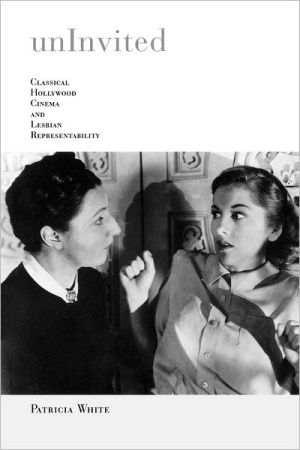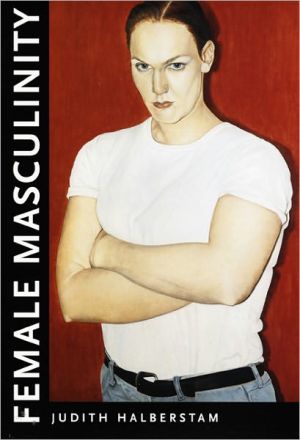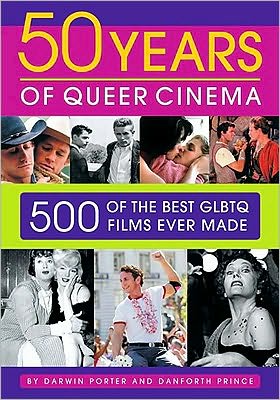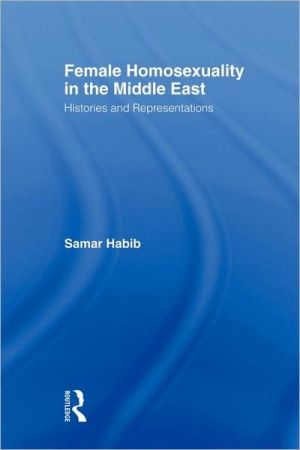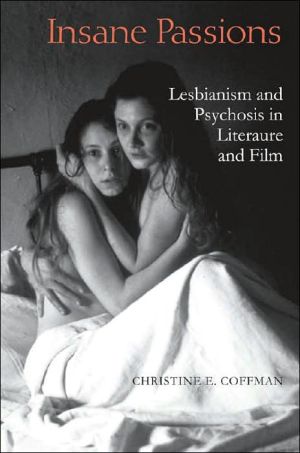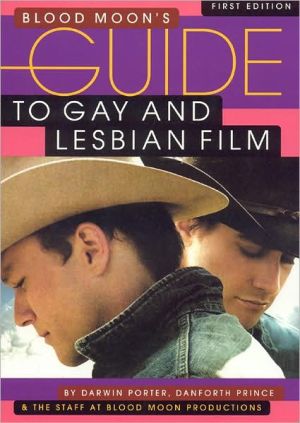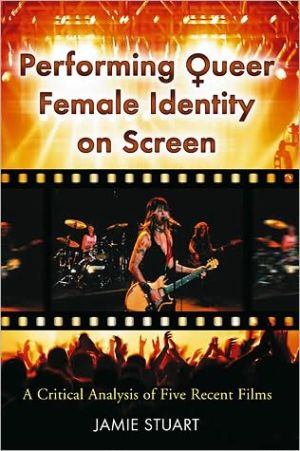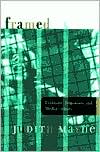Uninvited: Classical Hollywood Cinema and Lesbian Representability
"White writes with considerable flair, and her arguments are always interesting..." —Choice\ "Uncovering a massive trove of what she calls 'lesbian representability'—images of lesbian desire, love and life—in mainstream movies, White provides an insightful look at classic American films.... her myriad examples and finely wrought arguments prove both convincing and engaging." —Publishers Weekly\ "Conspiratorial and witty, Uninvited is a mischievous invitation to dissect classical cinema by...
Search in google:
"White writes with considerable flair, and her arguments are always interesting..." — Choice"Uncovering a massive trove of what she calls 'lesbian representability' — images of lesbian desire, love and life — in mainstream movies, White provides an insightful look at classic American films.... her myriad examples and finely wrought arguments prove both convincing and engaging." — Publishers Weekly"Conspiratorial and witty, Uninvited is a mischievous invitation to dissect classical cinema by someone who wields the razor with glee." — OUT MagazineLesbian characters, stories, and images were barred from onscreen depiction in Hollywood films from the 1930s to the 1960s, together with all forms of "sex perversion." Looking at the lure of some of the great female stars and at the visual coding of supporting actresses, the book identifies lesbian spectatorial strategies. Out - A. Vachon Conspiratorial and witty, Uninvited is a mischievous invitation to dissect classical cinema by someone who wields the razor with some glee.
AcknowledgmentsIntroduction1Reading the Code(s)12Lesbian Cinephilia293Female Spectator, Lesbian Specter614Films for Girls: Lesbian Sentiment and the Maternal Melodrama945Supporting "Character"1366On Retrospectatorship194Notes217Works Cited245Index263
\ ChoiceWhite (Swarthmore College) seeks traces of lesbian desire and difference in the films of the classic era. Since the Production Code forbade even the slightest hint of sexual deviancy, White must engage in a great deal of what she calls retrospectatorship, with somewhat mixed results. She begins by discussing the Code itself; moves on to a discussion of star personae (e.g., Davis, Hepburn, Dietrich, Garbo), the gothic/horror film and maternal melodrama, overt lesbian overtones among supporting players such as McDaniel, Waters, Fitter, McCambridge, and—especially—Moorehead; and closes with a chapter on retrospectatorship. She draws on all of the major figures in feminist film theory, if only to chastise them for ignoring the lesbian spectator. Since White covers much of the same ground that Mary Ann Doane does in The Desire to Desire: The Woman's Films of the 1940s (CH, Oct'87), she is particularly concerned with correcting Doane's omissions. White writes with considerable flair, and her arguments are always interesting, if not always fully convincing. A useful addition to studies of spectatorship in and of the classic era. Upper—division undergraduates through professionals.W. A. Vincent, Michigan State University, Choice, July 2000\ — W. A. Vincent, Michigan State University\ \ \ \ \ \ A. VachonConspiratorial and witty, Uninvited is a mischievous invitation to dissect classical cinema by someone who wields the razor with some glee.\ —Out\ \
